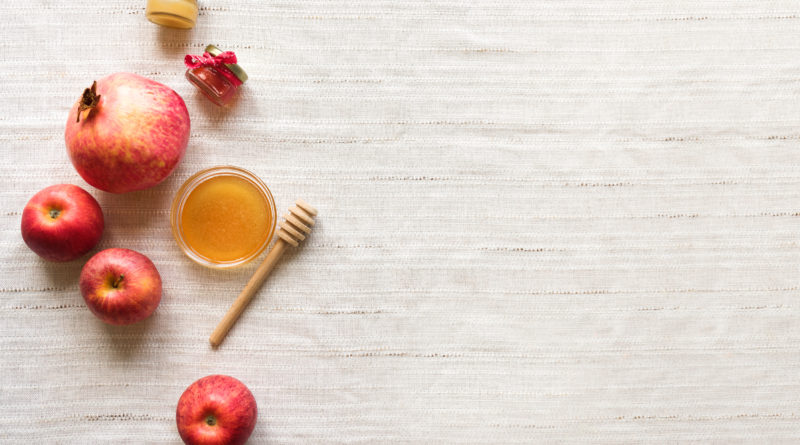What Is Rosh Hashanah?
954 total views, 1 views today
Every year, on the first two days of the Jewish new year, Jewish people celebrate Rosh Hashanah. The holiday is the first of the two Jewish high holidays, with Yom Kippur following eight days later. Many observant Jews take off from work and school (and may even entirely turn off their phones and other communication lines) during these holidays.
Clearly, these holidays are paramount in Judaism. What is Rosh Hashanah, and why is it so sacred among Jews? Read on to find out.
What does Rosh Hashanah celebrate?
Rosh Hashanah celebrates the day that God created Adam and Eve and, thereby, the universe. To mark this beginning of all things, the Jewish calendar begins on Rosh Hashanah.
As the holiday goes, the beginning of things isn’t figurative: The words “Rosh Hashanah” literally translate to “Head of the Year.” At this time of year, Jewish scripture says that God and the heavenly court decide which people will have good and bad years. In fact, Rosh Hashanah prayers say that, during this time of year, God decides which people will live and die.
When is Rosh Hashanah?
In the Gregorian calendar, the dates of Rosh Hashanah vary every year. In 2019, Rosh Hashanah starts at sundown Sunday, September 29th and runs through nightfall Tuesday, October 1st. On the Jewish calendar, Rosh Hashanah always spans the entirety of Tishrei 1 and 2, the first two days of the calendar year.
How is Rosh Hashanah celebrated?
On the evenings of Rosh Hashanah, observers will light religious candles in the evening. In the morning, observers will attend prayer services, ask God for a year of blessings, peace, and prosperity, and reaffirm that God is the almighty ruler of the universe. Prayer services will include the ceremonial sounding of the ram’s horn, known as the shofar (unless Rosh Hashanah begins on Shabbat, in which case the shofar is only sounded on the second day). The shofar may be sounded as many as 100 times over the course of the holiday.
In the daytime and nighttime, observers will partake in festive, holiday-specific meals. Throughout the holiday, observers will abstain from creative work and their jobs, though some observers will make exceptions to this rule.
Additionally, on the first afternoon of Rosh Hashanah, many observers will travel to a natural body of water for the Tashlich ceremony. At this event, Rosh Hashanah celebrators cast their sins into the water, a symbolization of the Torah verse, “And You shall cast their sins into the depths of the sea.”
How should Rosh Hashanah celebrators be greeted?
The appropriate greetings for Rosh Hashanah celebrators vary by gender and time. On the first night of Rosh Hashanah, men should be greeted with “Leshanah tovah tikatev vetichatem,” and women should be greeted with “Leshanah tovah tikatevee vetichatemee.” Both phrases translate to “May you be inscribed and sealed for a good year.”
Throughout the remainder of Rosh Hashanah, both men and women can be greeted with a wish for a “Gemar chatimah tovah.” This phrase translates to “A good inscription and sealing [in the Book of Life].”
How, if at all, do you celebrate Rosh Hashanah? Share your experiences in the comments!

